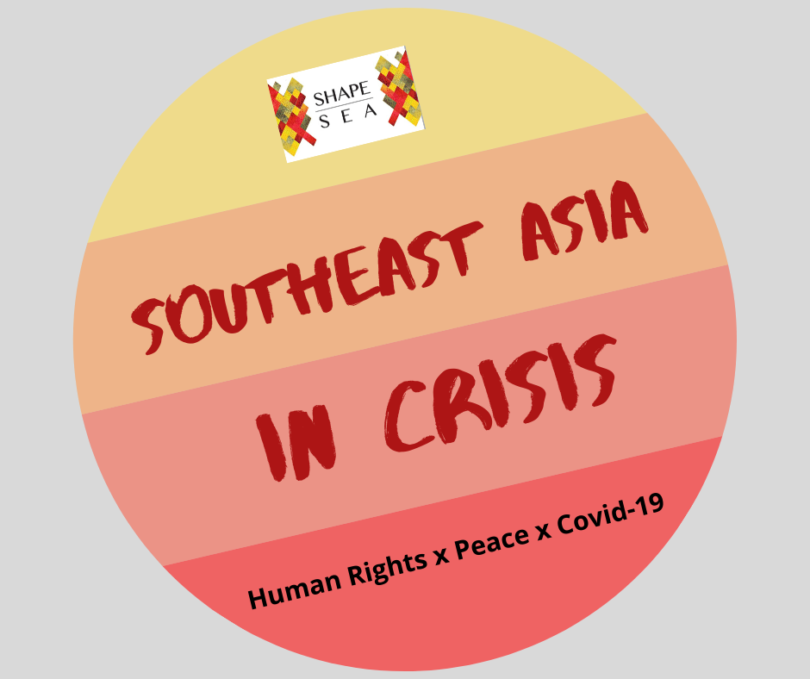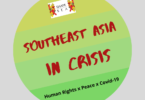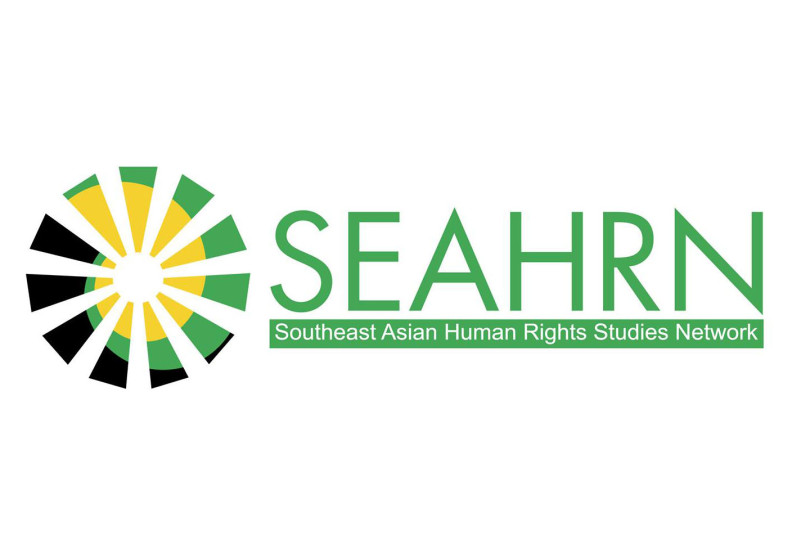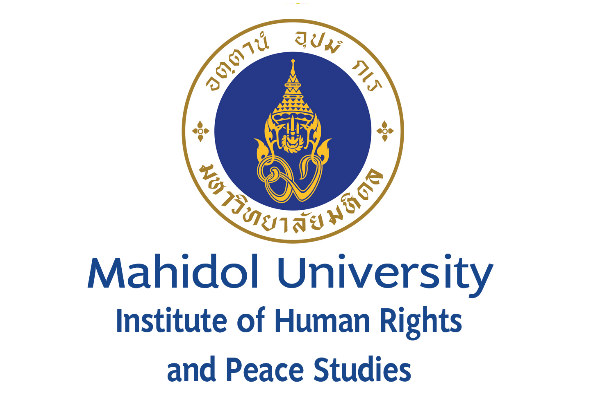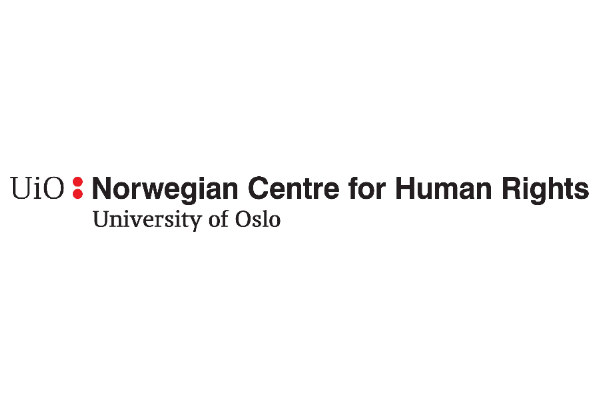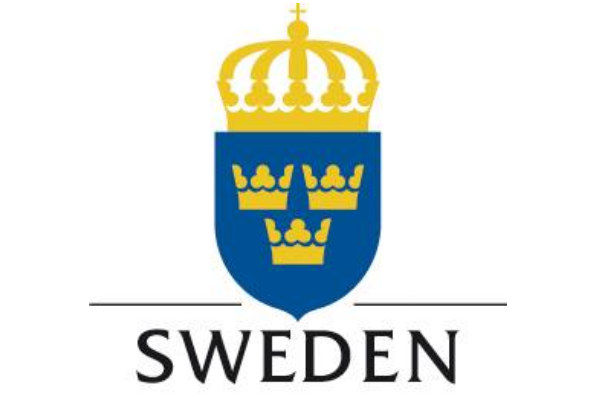Shahrul Mizan Ismail
Associate Professor, Faculty of Law
The National University of Malaysia (UKM)
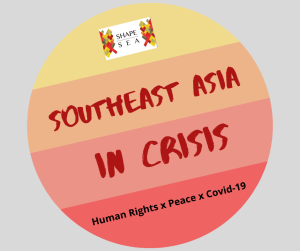 As COVID-19 rapidly spreads across the globe, governments are rigorously imposing lockdowns, movement restrictions or are calling for fewer public gatherings, which inevitably pushes many activities to go online. While many have raised concerns about the pressure and intricacies of having to work and learn remotely, the bigger issue is whether everyone has Internet access in the first place? According to the UN, an estimated 44 percent of the global population still lacks any access to the internet whatsoever. Even in developed countries like the US, an estimated 21 to 42 million people do not have direct access to broadband, and many more just can not afford it or rely on data-limited mobile plans (Khalid, 2020). A similar percentage of households in Hungary, Spain, and New Zealand also lack broadband subscription as per Organization for Economic Co-operation and Development results. (Higginbotham, 2020) If internet access is a problem in these countries, one could expect a much worse scenario in developing or less developed nations where high speed broadband internet is considered as luxury that not everyone can afford.
As COVID-19 rapidly spreads across the globe, governments are rigorously imposing lockdowns, movement restrictions or are calling for fewer public gatherings, which inevitably pushes many activities to go online. While many have raised concerns about the pressure and intricacies of having to work and learn remotely, the bigger issue is whether everyone has Internet access in the first place? According to the UN, an estimated 44 percent of the global population still lacks any access to the internet whatsoever. Even in developed countries like the US, an estimated 21 to 42 million people do not have direct access to broadband, and many more just can not afford it or rely on data-limited mobile plans (Khalid, 2020). A similar percentage of households in Hungary, Spain, and New Zealand also lack broadband subscription as per Organization for Economic Co-operation and Development results. (Higginbotham, 2020) If internet access is a problem in these countries, one could expect a much worse scenario in developing or less developed nations where high speed broadband internet is considered as luxury that not everyone can afford.
Declaring (and expecting) that commercial businesses and offices are to operate in a contactless and virtual environment assumes we have the necessary resources and business continuity systems already in place. Asking school and university students to learn from home means that both teachers and students have access to the technologies and information required to maintain an online successful learning climate. But the question is, do we have a system in place? If we don’t, why haven’t we, after all these years? The compelling reality lies behind the fact that internet access has always either been declined as a human right, or interpreted so narrowly that it fails to function as a claimable entitlement. When it is not recognized as a human right, it tends to be subsequently de-emphasized and de-prioritized. Even internet “father” Vinton Cerf argues in 2012, that despite the critical role of information communication technology (the internet) in the uprisings in the Middle East and North Africa, internet access is still not a human right. (Cerf, 2012) In 2016, a United Nations General Assembly Human Rights Council resolution, despite proclaiming Internet access to be a basic human right, expressed it in a very limited sense, saying that it is essential to allow people to “exercise their right to freedom of thought and speech.”(UN, 2016) Although this goes hand in hand with Article 19 of the Universal Declaration of Human Rights (UDHR), which states that, “Everyone has the right to freedom of opinion and expression; this right includes freedom to… seek, receive and impart information and ideas through any media and regardless of frontiers.”, it does so, so narrowly by focusing on securing protected rights offline, online. Furthermore, talking about internet access only in the context of merely the civil and political rights to freedom of speech and expression is too confining, and kills the essence of the right. Whereas in reality, the internet has now become a crucial means to secure many other fundamental human rights. With the advent of Covid-19, going online has now become so essential for participating in life, and enjoying other forms of human rights. Not having access to it will put many at a serious disadvantage in terms of staying informed, getting their voices heard, realising their fundamental human rights such as the right to food, health, education, work and much more. If before Covid-19 this was not obvious, then it is now abundantly clear that broadband is a requirement in every aspect of modern civic and commercial life.
This means that conversation about the right to internet access should no longer be confined to it just being the means of realizing civil and political rights such as voicing out freely one’s ideas and thoughts, or criticizing tyranny in uprisings. It has now become the main mechanism to enable the global population to enjoy their economic, social and cultural rights. These include the human right to work, the right to a decent standard of living, including food, clothes and accommodation, the right to physical and mental health, the right to social security, the right to a safe environment and the right to education. These rights are acknowledged in the Universal Declaration on Human Rights, and the International Covenant on Economics, Social and Cultural Rights (ICESCR) is the main international legal source for them. The Covenant acknowledges and preserves the right to work and the right to equal and reasonable working conditions in Article 6 and 7, the right to social security in Article 9, the right to family care, including safety for mothers and children, in Article 10, the right to an acceptable standard of living, including the right to food and the right to housing, in Article 11, the right to health in Article 12, the right to education in Article 13, the right to involvement in cultural life and the right to the benefit of science and culture in Article 15. Article 15 originates from Article 27 of the Universal Declarations of Human Right states that “Everyone has the right freely to participate in the cultural life of the community, to enjoy the arts and to share in scientific advancement and its benefits.” Even this last mentioned right now becomes available only via the internet. This means that information technology is now inseparable from the rights themselves.
In fact, at this age, the internet also helps prevent gender-based discrimination that may worsen during a pandemic situation such as Covid-19. Diffusion of the Ebola virus in 2014 and the Zika virus in Brazil in 2015-2016 has had a particularly devastating impact on women and children, aggravating the long-standing imbalance of gender. (UNDP, 2017)
In the context of Southeast Asia and Covid-19, the governments must tackle many problems in order to establish a stronger plan of action to ensure that their citizens’ human rights are taken care of in case of a further pandemic. And the way to do this, is by ensuring that everyone’s right to the internet is respected, protected and fulfilled. States have a threefold responsibility in relation to the universal economics, social and cultural rights, namely the duty to respect, protect and fulfill them. Policy formulation based on this tripartite interpretation of duty-holders’ obligations is generally referred to as the “Human Rights Based Approach” (HRBA). As reported by the Office of the United Nations High Commissioner for Human Rights, the duty to respect means that States must refrain from intervention or limitations on the enjoyment of human rights. The duty to protect includes States to protect individuals and groups from human rights violations. The duty to fulfill means that States must take concrete steps to promote the enjoyment of fundamental human rights. This in other words means, merely providing universal access isn’t enough. States must not only refrain from infringing on this right, it must also ensure that it is accessible and affordable to all, and protect it from predatory corporations and authoritarian authorities. In quarantines and during social isolation, it is important to keep people connected, but some of these improvements must be constant and permanent.
But Southeast Asia consists of a diverse variety of nations, ranging from established democracies to authoritarian regimes (Kluver & Banerjee, 2005). This diversity is also evident in the policies of the Internet in the country. Southeast Asian countries like Malaysia and Singapore have solid authoritarian parliamentary government structures, and they enforce gradual online surveillance of political content and prosecute voices that disagree on the Internet sometimes. South East Asian countries like Myanmar and Vietnam have no funds to invest in internet infrastructure like their other more developed East Asian counterparts such as China or South Korea. (Haichigian, 2002). These disparities lead to inconsistencies among South East Asian nations in terms of their citizens’ access to the internet. Infrastructure development gaps can sometimes be the product of government policy differences. One of the most crucial concerns is with regards to the issue of digital divide among South East Asian countries, and among parts within any particular country. The infrastructural deficit can be seen in various circumstances, including the variations in Internet speeds in different countries.
For example, only three countries have over 80% Internet penetration in our region, with Singapore leading the statistics, followed by Brunei and Malaysia (Jaili, 2020). Just 56% have Internet access for countries like Indonesia, the region’s most populous country. Thailand, Myanmar and Vietnam each have an internet penetration of less than 60%, with 57%, 39%, and 38% respectively. (Jaili, 2020). In many cases, people living in the cities have access to a significantly faster internet than in less developed areas. In Malaysia, in the capital city of Kuala Lumpur for instance, people have up to 800 megabytes of high speed Internet per second, whereas in Sarawak (Eastern Malaysia), speed is much slower (Jaili, 2020). This discrepancies in terms of infra and info structure also affect the fulfillment of other human rights. The closest example would be the human right to education. To combat the infection of Covid-19, most South East Asian countries have opted for closure of schools and universities (Jaili, 2020), and shifted education wholly online. But students in the developing region of Southeastern Asia mostly come from economically challenged family backgrounds, and only have access to computers in schools and campuses. Most do not even have unlimited broadband access on their mobile devices. (Jaili, 2020) This may lead to issues pertaining to students’ right to quality education.
Apart from that, South East Asian Governments must also be cautious in protecting their citizens’ right to internet by ensuring that there is no manipulation by the relevant corporations in the internet industry. The Internet economy in South East Asia is continuing to grow at unprecedented rates. For the first time in 2019, it has risen to $100 billion, which has more than tripled over the last three years. Internet economies have grown between 20% and 30% annually in Malaysia, Thailand, Singapore and the Philippines, with no hint of a slowdown. Indonesia and Vietnam are the two pacesetters in the field and lead the bunch with growth levels of more than 40% a year. As a result, telco provider companies are shifting their focus from the acquisition of new customers to convincing users to stay longer on their platforms, in the belief that purchases will follow. In pursuit of user engagement, companies have expanded their scope across sectors, moving to new services, gaming promotions and streaming attractive content.(Davis, Saini, Sipahimalani, Hoppe, Lee, Girona Choi & Smittinet, 2019). Hence, governments in fulfilling their duties must be pro-active in supervising, and preventing any abuse from happening. This is part of their duties to protect the human right to the internet.
References:
- Amrita Khalid, ‘America’S Digital Divide Is Even More Urgent During The Pandemic’, April 24, 2020, https://qz.com/1836040/americas-digital-divide-is-more-urgent-during-a-pandemic/
- Stacey Higginbotham, ‘COVID-19 Makes It Clear That Broadband Access Is a Human Right’, IEEE Spectrum, 2020, https://spectrum.ieee.org/telecom/internet/covid19-makes-clear-broadband-access-is-human-right
- Vinton Cerf,’ Internet Access Is Not A Human Right’, New York Times, Jan 4, 2012
- United Nations General Assembly Resolution, ‘The Promotion, Protection And Enjoyment Of Human Rights On The Internet’, 32nd Session, 2016, A/HRC/32/L.20
- United Nations Development Programme, ‘A Socio-Economic Impact Assessment Of The Zika Virus In Latin America And The Caribbean: With a Focus On Brazil, Colombia And Suriname’, 2017, at p. 40
- Office of the High Commissioner of Human Rights (OHCHR), ‘International Human Rights Law’, (visited on 23rd April 2020), https://www.ohchr.org/en/professionalinterest/pages/internationallaw.aspx
- Stephanie Davis, Samuele Saini, Rohit Sipahimalani, Florian Hoppe, Weisheng Lee, Iñaki Moreno Girona, Crystal Choi, Well Smittinet, ‘E-conomy Sea 2019: Swipe Up And To The Right: Southeast Asia’s $100 Billion Internet Economy’, Think With Google, https://www.thinkwithgoogle.com/intl/en-apac/tools-resources/research-studies/e-conomy-sea-2019-swipe-up-and-to-the-right-southeast-asias-100-billion-internet-economy/ (visited on 25/4/2020)
- Hachigian, N. (2002). ‘The Internet And Power In One‐party East Asian States’. Washington Quarterly, 25(3), 41-58.
- Nuurrianti Jalli, ‘Lack Of Internet Access In Southeast Asia Poses Challenges For Students To Study Online Amid Covid-19 Pandemic’, The Conversation, https://phys.org/news/2020-03-lack-internet-access-southeast-asia.html (visited on 25/4/2020)
- Kluver, R., & Banerjee, I. (2005). ‘the Internet In Nine Asian Nations’. Information, Communication & Society, 8(1), 30-46.


